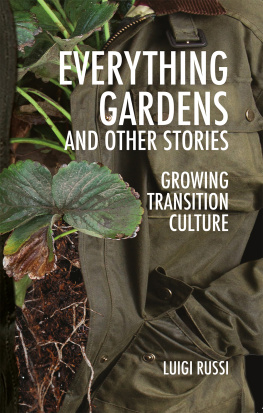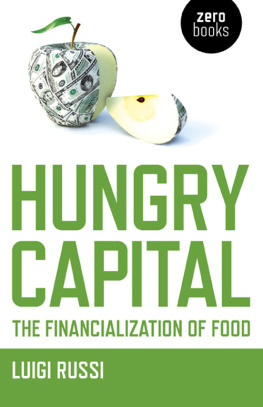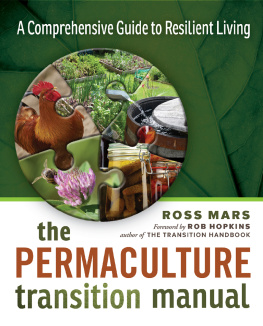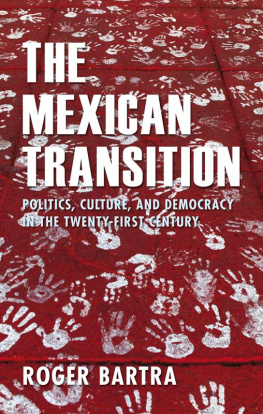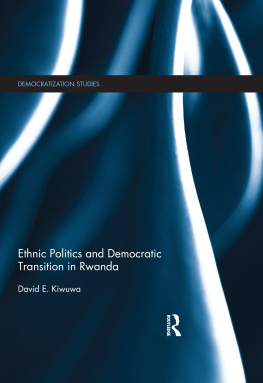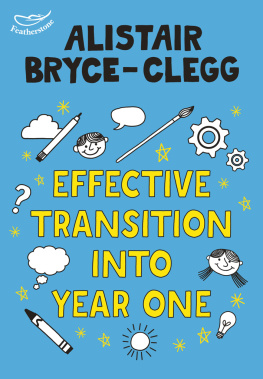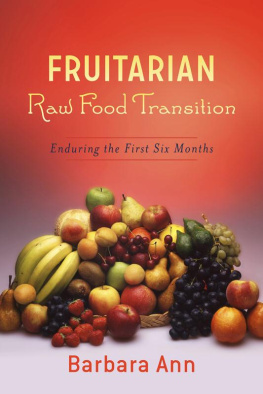Everything
Gardens
and other stories
Growing
Transition
Culture
Luigi Russi
Contents
ebook edition first published in the United Kingdom in 2015 by University of Plymouth Press, Endsleigh Place, Drake Circus, Plymouth, Devon, PL4 8AA, United Kingdom.
eISBN 978-1-84102-387-8
University of Plymouth Press 2015
Luigi Russi 2015
The rights of this work have been asserted by Luigi Russi and R. C. Smith in accordance with the Crown Copyright, Designs and Patents Act 1988.
A CIP catalogue record of this book is available from the British Library ISBN 978-1-84102-380-9.
Publisher: Paul Honeywill
Editor: Harriet McClure
All rights reserved. No part of Everything Gardens and other Stories may be reproduced, stored in a retrieval system or transmitted in any form or by any means whether electronic, mechanical, photocopying, recording, or otherwise, without the prior written permission of UPP. Any person who carries out any unauthorised act in relation to this publication may be liable to criminal prosecution and civil claims for damages.
Praise for Everything Gardens and other stories
Russi almost achieves the impossible in providing a rich and polyvalent description of an idea on the wing. Academics might recognise a kind of phenomenology in his approach, which is more akin to smelling and tasting, than weighing and measuring. Everything Gardens explores from within, Transition as a process of incubation or the deliberative unfolding of an alternative to consumer capitalism a pattern language for a more place-generative, ecologically recursive form of local economy. Poetic and optimistic, Russis book adds participant permaculture to the social science playbook. This is a new methodology that I am sure will become part of the repertoire.
Stephen Quilley , Associate Professor of Environmental and Social Innovation, University of Waterloo, Canada
What is Transition? That is the question that is at the core of this book. How do we go about Transition? How is Transition defined? At what point is Transition perceived as complete? The difficulty of these questions is so wonderfully managed in Everything Gardens , wherein we learn that, in a way that is perhaps similar to Theodor W. Adornos (or Herbert Marcuses) notion of non-identity, Transition is best understood only insofar as it is not reduced to an instrumental process that can be absolutely captured in some total concept or theory. [...] If ever there was a book that was so penetrative and that raises so many fascinating questions about the phenomenon of Transition, it is Everything Gardens . As a study of the utmost integrity, one can only hail this work by Russi as a significant and important achievement in the field of social science.
From the preface by R.C. Smith , Director, Heathwood Institute and Press
Will the Transition movement succeed in bringing about a transition towards a more sustainable, equitable and more resilient world? Luigi Russi doesnt answer this question in this very important and readable new book, precisely because it is impossible to provide an answer. Rather than defining Transition and evaluating its chances of success, he delves right into the culture of Transition, providing us with rich stories of its daily doings and workings on the ground in Totnes and elsewhere. He urges us to try to understand Transition not as something that can be dissected and critiqued from the distance but as an ongoing process that is full of contestations, surprises, changes and crises. Transition, he argues, is a true movement; it is everywhere but not necessarily nowhere. It is in the details of the social and material world, and what he has precisely done is give us snippets and glimpses of that Transition world. Everything Gardens is enlightening because it takes Transition seriously as a social, cultural and economic phenomenon that will change, potentially, all of our lives.
Steffen Bhm , Professor in Management and Sustainability, University of Essex and editor of Ecocultures: Blueprints for Sustainable Communities

Preface
That fundamental system change constitutes a vital requirement of this century is no mystery. The reorganisation of society, the alteration of shared coordinates for the benefit of a more socially and ecologically just world this is our collective challenge. It is by no means an easy endeavour. Even the most progressive theories and discourses, which see revolutionary change as a continuous and many-sided process, do not fail to show awareness of the complexity of the challenge. One that becomes all the more pressing if we consider the serious threat of climate change and the unbearable everyday suffering of the deeply unequal, unsustainable and unjust realities of late-capitalism.
In the midst of the terribly regressive policies of neoliberal governments throughout the world, the illusion that capitalism is essential to the progress of human society that it cannot be overcome or that there is no alternative seems to have further embedded itself into the social and political psyche.
On a grassroots level, however, this myth is defeated each and every day by countless movements, which demonstrate how another way of living together is possible across all spheres of society. Let us consider, for example, John Holloways thesis in Crack Capitalism : that the defeat of the neoliberal myth of the naturalisation of capital is evidenced in the countless cracks that open up across the social landscape. Within these cracks it is possible to experiment with different ways of doing things, to imagine another world, to organise and participate alternatively. Seen in this light, revolutionary change is understood as something that is not centralised it is diffuse and almost amorphous inasmuch as emancipation occurs through interaction and mutual collaboration. One could perhaps say that emancipation is always moving .
The movements of the squares, Occupy Wall Street, the Indignados, the 15M, the Arab Spring, the various anti-fracking initiatives are all just a few examples we might consider of recent global waves of revolutionary struggle. Other movements, such as La Via Campesina and yet more commons-based initiatives, also share similar characteristics, wherein an emphasis on horizontality and participatory democracy serve as outward markers of an emancipatory horizon. But what makes these movements so significant is the manner in which they enrich the texture of experience in a self-transformative and self-educative manner . What do I mean by this and how does this relate to Transition?
In the global context, what seems to be common amongst many radically democratic movements today is not only a shared emphasis on direct (participatory) democracy and horizontality. There is a deeper connection, which we might describe in light of the notion of an underlying and dynamic process of mutual recognition. As Richard Gunn and Adrian Wilding note in their studies, which focus on what goes on in the different Occupy-style events and radical assemblies around the world, the principle of mutual recognition understood in the Hegelian tradition as an egalitarian and emancipated form of interaction represents a fundamental break from contradictory recognition. In contrast, in other words, to the hierarchical, undemocratic and one-way relations of power characteristic of the capitalist world, mutual recognition is seen as a mode of horizontal, participatory, inclusive and intersubjective relations propaedeutic to what commonising entails in the field of participatory public engagement. Set against contradictory recognition, Gunn and Wilding argue that mutual recognition must exist if emancipation is to be real. In terms of Occupy-style initiatives for example, which Ive spent much time studying and writing about, one of the most actually revolutionary aspects at play is the prefigurative process through which an alternative social reality is sought: the idea that if emancipation is to be emancipation, it must start as it aims to go on . It is, in other words, on the level of praxis that answers to questions around the contemporary crisis of democracy, participatory politics and the meaning of public in twenty-first century society emerge. Through the freedom of mutual recognition, an awareness surfaces that revolutionary moving must be, from the start, a living reality, brought about in the very process of coming together.

